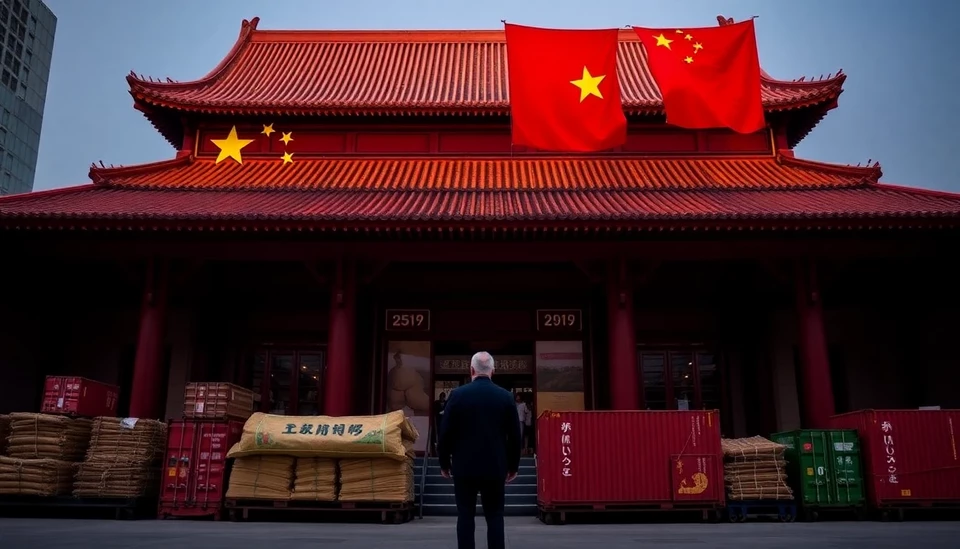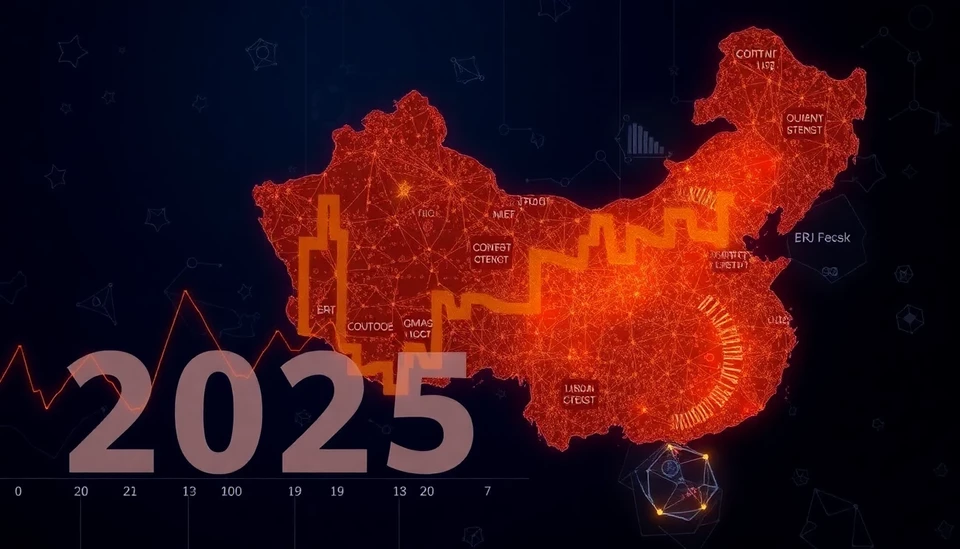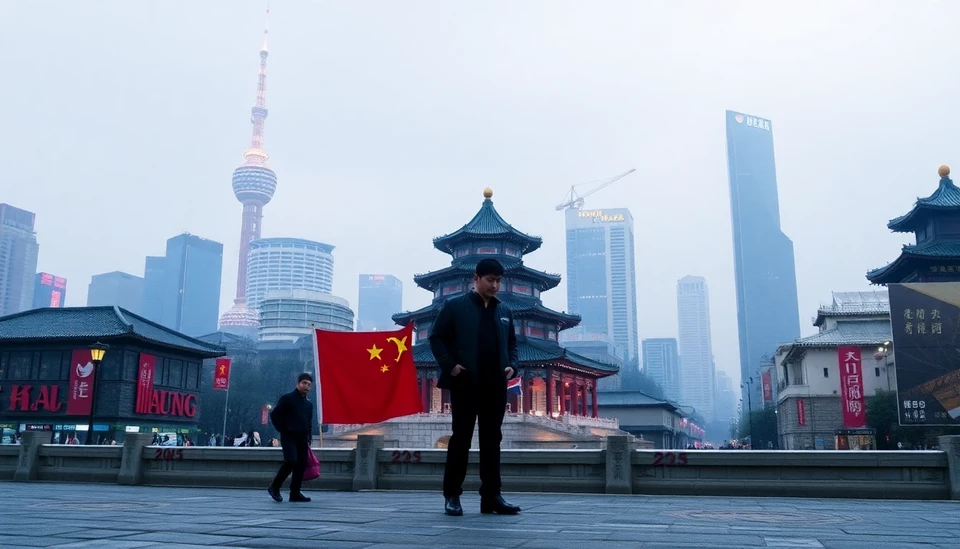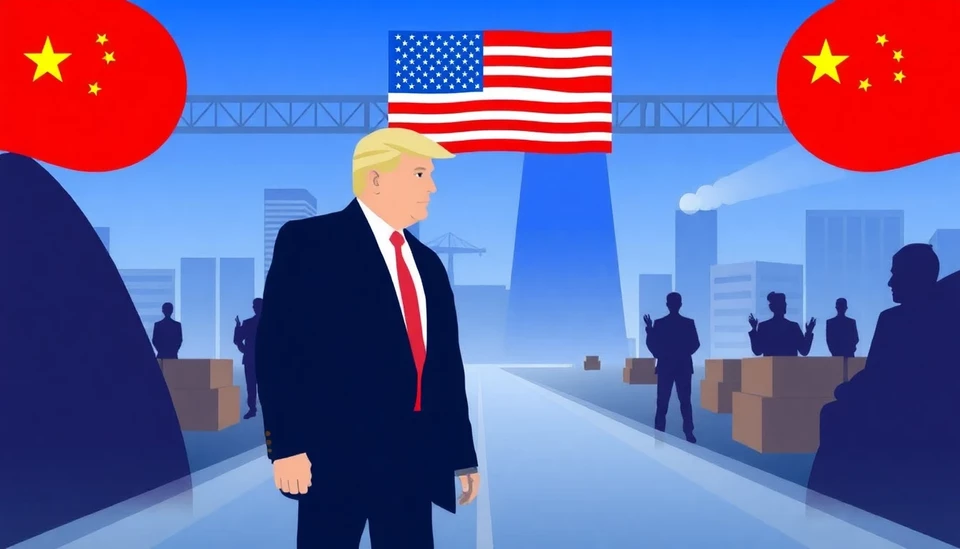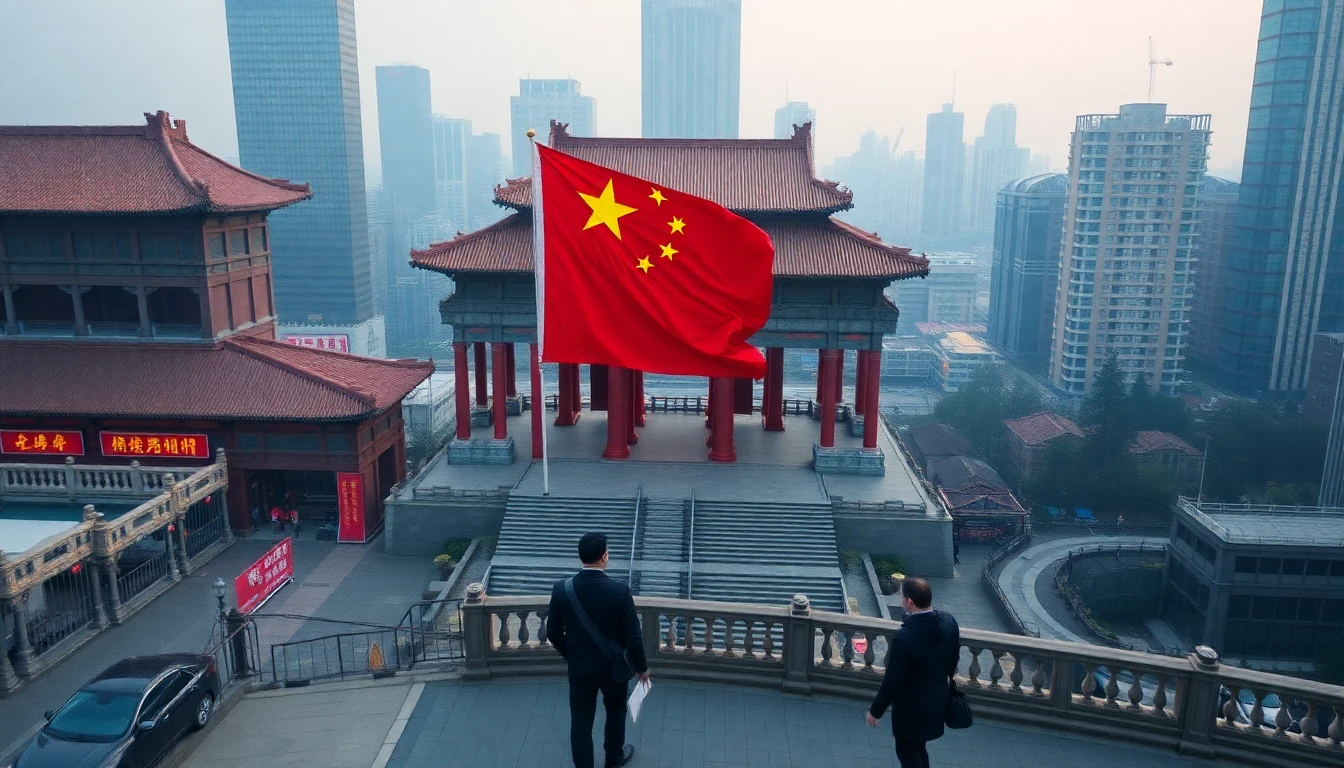
In a significant turn of events, China's economic indicators have shown troubling signs of deflation, stirring concern among economists and market analysts. Despite efforts from the government to stimulate growth, key data released recently suggests that these measures are not sufficiently addressing the declining price trends that could stifle the country's recovery.
Recent reports highlight that China's Producer Price Index (PPI) has slipped deeper into negative territory, marking an alarming trend that raises questions about the future of the world's second-largest economy. The statistics suggest that price levels at the point of production have fallen, which indicates broader economic stagnation and poses serious risks for consumer sentiment and business investment.
Economists have voiced a growing chorus of concern over Beijing’s approach to tackling these economic challenges. Many are advocating for a more robust and multifaceted policy response to combat deflation effectively. They argue that current measures, which include interest rate cuts and stimulus packages, are insufficient in addressing the root causes of the deflationary pressures that are affecting both consumers and producers alike.
Additionally, analysis of consumer price trends reveals that there is a noticeable reluctance from consumers to spend, driven largely by fears of falling prices. This phenomenon creates a self-reinforcing cycle where decreased consumer expenditure leads to reduced business revenues, which in turn prompts companies to cut prices further in a bid to attract buyers, further exacerbating the deflationary environment.
To counteract these developing issues, some economists are calling for aggressive fiscal policies, including increased government spending on infrastructure projects, tax cuts, and more significant monetary easing measures. Such initiatives are seen as crucial to rejuvenating demand and restoring confidence within the private sector.
Interestingly, recent government statements alluded to a commitment to proactive policy adjustments. However, the specifics of these plans remain vague, leaving many in the economic community skeptical about the timeliness and effectiveness of any forthcoming actions. This uncertainty has prompted increased scrutiny and demand for a clearer, more comprehensive strategy to tackle the diverse economic challenges facing the nation.
As China navigates through these turbulent economic waters, the global market is watching keenly, given the interconnectedness of the world economy. Investors are wary of the potential repercussions of a prolonged deflationary period in China, particularly as it could lead to reduced demand for commodities and a slowdown of economic activity in other nations.
In conclusion, as deflation continues to threaten the landscape of China's economy, the clamor for more decisive actions by the government is becoming increasingly vocal. The coming weeks and months will be critical in determining how Chinese policymakers will respond to this pressing issue, and whether they can instill the necessary confidence to reinvigorate economic growth.
As the situation develops, the global economic community remains hopeful for a robust response that can effectively address these pressing challenges and secure a stable growth trajectory for China moving forward.
#ChinaEconomy #Deflation #EconomicPolicy #FiscalStimulus #MarketAnalysis #ProducerPriceIndex #ConsumerConfidence
Author: Laura Mitchell
